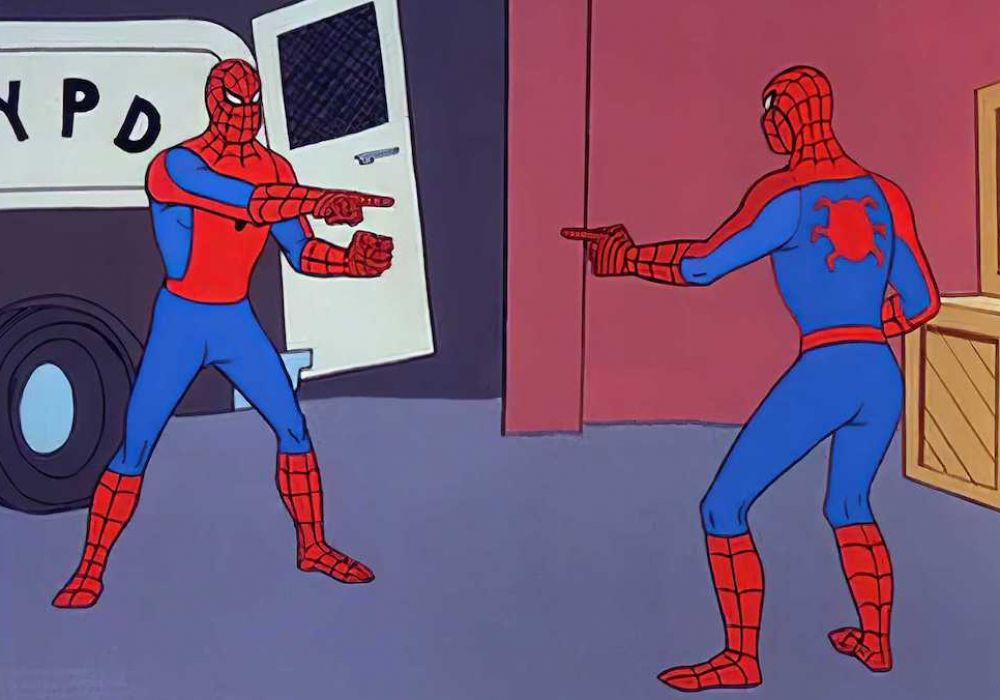There’s an old saying, which we’ve all heard, and it goes: “When we meet someone, we sum them up in the first 30 seconds.” But that is actually only half of the saying! The full sentence runs: “When we meet someone, we sum them up in the first 30 seconds, then we spend the rest of the time justifying it!” That takes it to a whole new level! This, as we all know, is called ‘cognitive bias,’ we have an (often immediate) view and cognitively pick out all the clues that ‘rove’ we’re right. This is often done subconsciously, it’s not that we’re trying to be right. Like if someone comes for interview and we, subconsciously of course, think, “he’s aggressive,” we will, subconsciously again, phrase our questions in a more aggressive tone, our face will be a little harsher, we will seek out clues that we’re correct, often finding clues that just aren’t there, thereby proving we are ‘right.’ It’s the same with interviewing those that we just like, or worse still say, “she’s just like I was at that age,” that is the dangerous thing because that is when we clone, recruit in our own image. There are two problems with this. Firstly, we can get it badly wrong. Secondly, there is an interesting point in that we prefer people who are like us, because we ‘get’ them, but we actually need people who are not like us so there is a balance in the team.
We can see this in the work of R Meredith Belbin in the 1980s where his studies looked at the dynamics of a perfect team and the most important principle for success was, in the end: ‘balance.’ In fact, in his initial studies he made an incredible assumption. He said, (to himself) that the best and most effective teams would be “obviously” those comprising the most confident and clever people. Not only was he proved wrong, but big time in that these teams, which he ironically in hindsight, called ‘Apollo Teams,’ fared far worse than teams made up of less able and less bright folks. So how could that be? Well, it’s simple really, each of those teams were made up of those from an educational background where coming first was everything, no one would concede a point, they spent endless hours on abortive debate and point-scoring. Oh, and no one wanted to take the notes! The upside is a balance, but the potential downside that has to be managed is that different sorts of people, different views and approaches can cause conflict, remember we understand people who are like us.
So, that’s why it is so important to get it right, to think seriously about what you need, (as opposed to just ‘want’), get under the skin of the other person so that you conquer any potential cognitive bias, give them a fair chance and make sure they have the opportunity to really shine. And finally, to re-emphasise, we need difference, not similarity, a balance, if it’s going to work.
